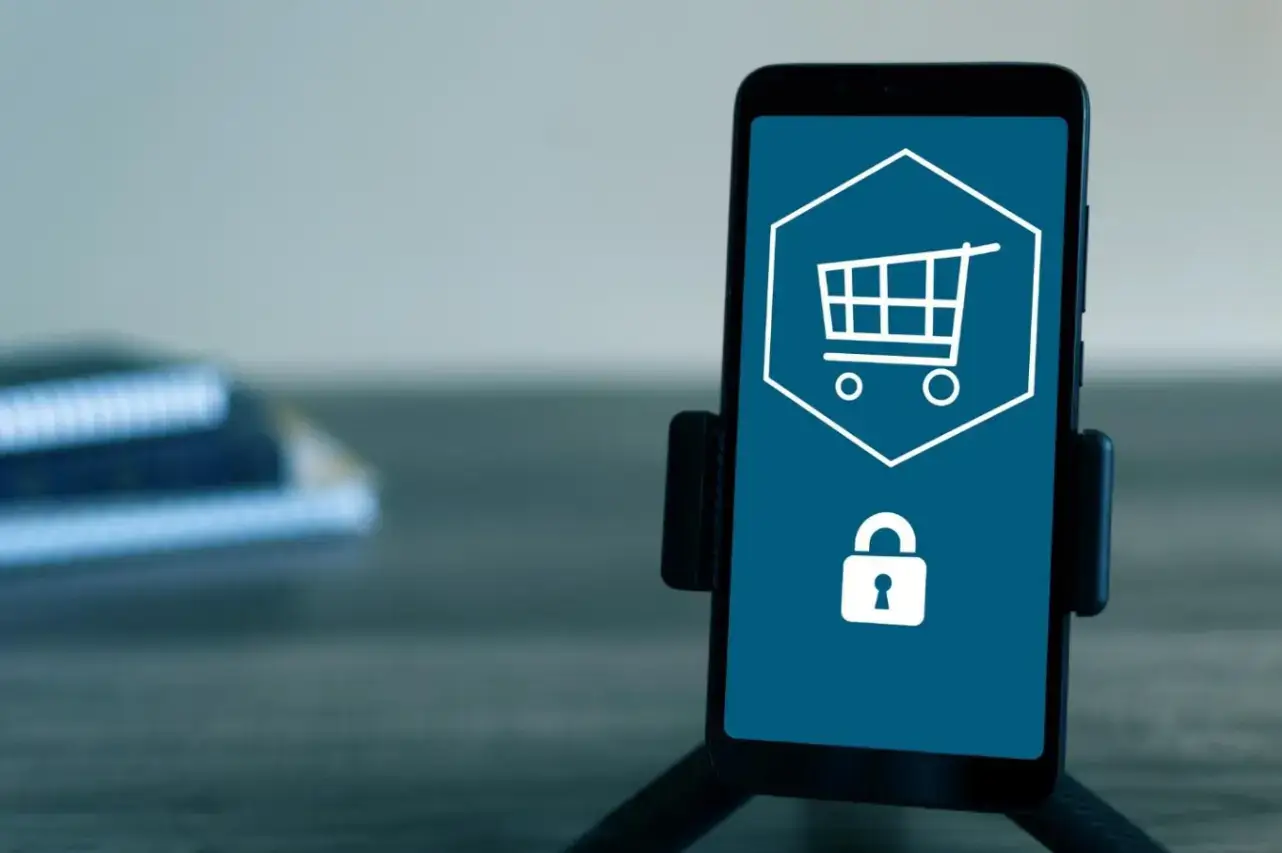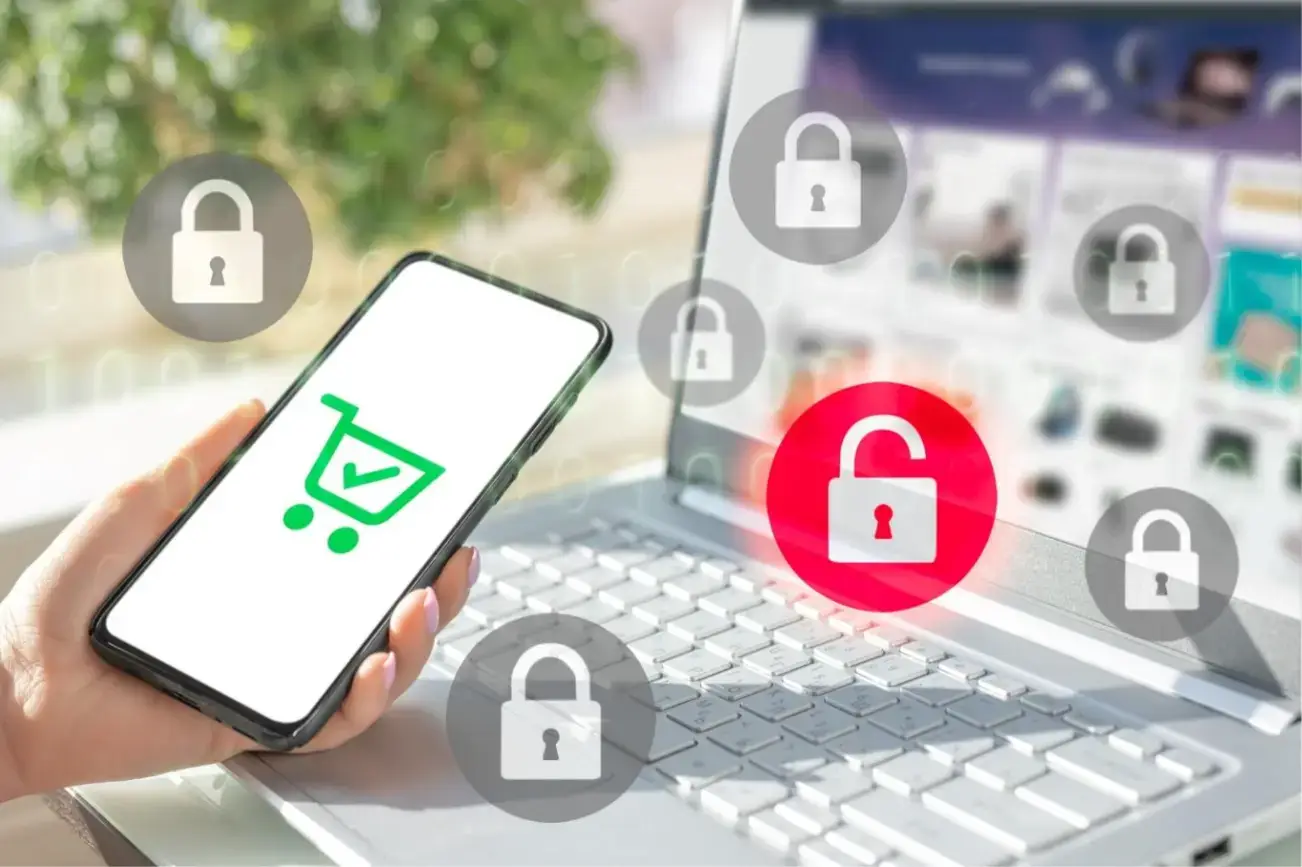Security is of utmost importance in mobile e-commerce apps due to the sensitive nature of the information they handle.
To begin with, customer trust plays a crucial role in the prosperity of every e-commerce platform. Users entrust these apps with their personal and financial information, including credit card details and addresses.
Ensuring the security of this data is crucial to maintaining customer confidence, fostering loyalty, and preventing reputational damage.
Secondly, mobile e-commerce apps are susceptible to various cyber threats, such as data breaches, identity theft, and fraudulent activities.
Combining MFA with one of the best available identity verification software should create a solid foundation to minimize instances of unauthorized access.
Robust security measures, including encryption protocols, secure payment gateways, and two-factor authentication, are imperative to safeguard against these risks.
A breach not only compromises customer data but can also lead to financial losses and legal consequences for the business.
In such situations, it is important to hire a security testing company that caters to the needs of the app development company.
Moreover, the increasing prevalence of mobile transactions makes these apps attractive targets for hackers.
Implementing secure coding practices, regularly updating software with patches, and conducting thorough security assessments are essential to staying ahead of evolving cyber threats.
Furthermore, it is imperative to adhere to data protection regulations such as GDPR or CCPA. Failure to comply can result in severe penalties.
Prioritizing security in mobile e-commerce apps not only protects users but also the business itself, ensuring sustained growth and success in the highly competitive e-commerce landscape.
In this article, you will learn about the importance of security testing for mobile e-commerce apps.

The Rise of Mobile E-commerce: Statistics and Trends
Mobile e-commerce, commonly known as m-commerce, has experienced significant popularity and growth in recent years.
The increasing prevalence of smartphones and the proliferation of mobile apps have contributed to the surge in mobile shopping activities.
This growth is further supported by mobile network operators, whose expanding coverage and faster data speeds have made it easier for users to access e-commerce platforms anytime, anywhere.
Consumers appreciate the convenience of shopping on the go, accessing a wide range of products and services directly from their smartphones or tablets.
The adoption of mobile payment options, improved mobile user experiences, and the integration of technologies like augmented reality for virtual try-ons further contribute to the popularity of mobile e-commerce.
Social media platforms also play a role, with many offerings that integrate shopping features.
Consequently, companies are placing more emphasis on enhancing their online interfaces for mobile usage, mirroring the unmistakable trend in consumer preferences leaning towards mobile-centric e-commerce interactions.
Today, 60% of customers want to shop on mobile apps and platforms.
Common Security Threats for Mobile E-commerce Apps

Before we implement the best practices in security testing for software development, let us understand the common security threats and issues that arise.
Data Breaches
In cyber security, data breaches occur when unauthorized individuals gain access to sensitive information. This can include personal data, financial records, or intellectual property.
Payment Fraud
Payment frauds happen when fraudulent profiles are used to steal money from users’ accounts, leading to financial losses.
Malware and Viruses
Viruses or malicious code can disrupt normal functioning, compromise data integrity, and enable unauthorized access. Mobile commerce apps should strengthen anti-virus systems and security layers through testing.
Key Aspects of Security Testing for Mobile E-commerce Apps

Security testing for mobile apps is a process that assesses resilience against threats and vulnerabilities.
It evaluates the app’s ability to safeguard sensitive information, thwart unauthorized entry, and withstand data breaches or unauthorized transactions.
By identifying and addressing weaknesses, this ensures apps adhere to robust standards and protect against cyber threats.
Components of Security Testing
1. Network Security
Safeguards networks and data flow with hardware, software, and policies.
2. Application Security
Protects the software itself from unauthorized access and vulnerabilities.
3. Data Security
Secures sensitive details like customer information, payment data, and transactions through encryption, access controls, and secure storage.
Best Practices in Security Testing for Mobile E-commerce Apps

- Incorporate security from the start
Apply security testing measures from design to deployment. - Perform regular vulnerability assessments
Use automated tools and manual testing for hybrid assessment. - Implement robust authentication and authorization
Multi-factor authentication and role-based access control enhance protection. - Encrypt sensitive data
Encryption ensures unauthorized users cannot access information. - Utilize secure APIs and third-party services
Secure APIs with authentication, authorization, and encryption protocols. - Test across different devices and networks
Ensure cross-platform stability and security (Android/iOS). - Implement error handling and logging
Proper logging aids forensic analysis after security incidents. - Regularly update and patch the application
Timely patch management protects against vulnerabilities. - Educate and train the development team
Developers should be trained on potential vulnerabilities and secure coding practices. - Comply with legal and regulatory standards
Adhere to data protection laws to minimize legal risks. - Conduct penetration testing
Ethical hackers simulate attacks to uncover vulnerabilities. Partnering
with experienced pentest companies ensures comprehensive security
evaluations by certified professionals who can identify critical
weaknesses in your mobile e-commerce infrastructure. - Monitor and respond to security incidents
Use IDS, log analyzers, and incident response plans to mitigate threats.
Commit to Safety: Optimize Mobile E-commerce App Now!
Software security testing services should thoroughly check all layers of app security. The frameworks must be taken seriously to ensure apps are safe for users.
Author Bio
Mit Thakkar is the Marketing Head at KiwiQA, a leading software testing company dedicated to helping the testing industry thrive. With a passion for promoting excellence in software testing, Mit devises strategies to showcase KiwiQA’s capabilities and empower businesses worldwide.

